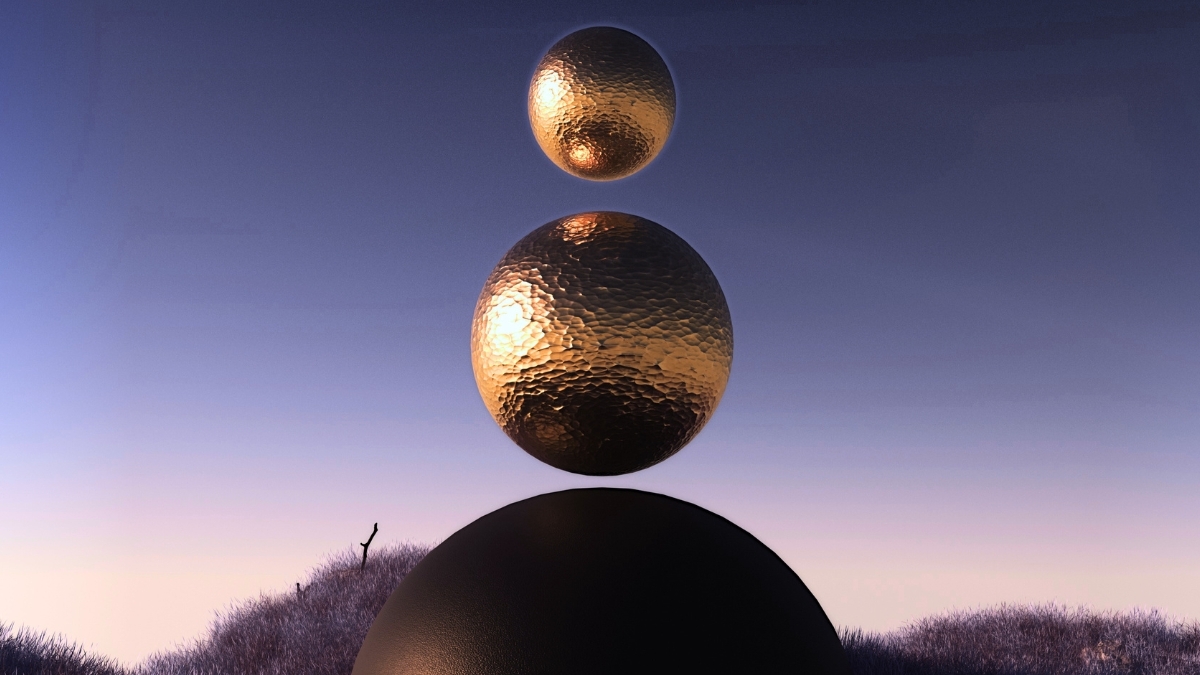A team of physicists led by Mir Faizal at the University of British Columbia has demonstrated that the universe cannot be a computer simulation, according to research published in October 2025[1].
The key findings show that reality requires non-algorithmic understanding that cannot be simulated computationally. The researchers used mathematical theorems from Gödel, Tarski, and Chaitin to prove that a complete description of reality cannot be achieved through computation alone[1:1].
The team proposes that physics needs a “Meta Theory of Everything” (MToE) - a non-algorithmic layer above the algorithmic one to determine truth from outside the mathematical system[1:2]. This would help investigate phenomena like the black hole information paradox without violating mathematical rules.
“Any simulation is inherently algorithmic – it must follow programmed rules,” said Faizal. “But since the fundamental level of reality is based on non-algorithmic understanding, the universe cannot be, and could never be, a simulation”[1:3].
Lawrence Krauss, a co-author of the study, explained: “The fundamental laws of physics cannot exist inside space and time; they create it. This signifies that any simulation, which must be utilized within a computational framework, would never fully express the true universe”[2].
The research was published in the Journal of Holography Applications in Physics[1:4].



Not saying this is necessarily a problem, but the main author of the paper is also an executive manager of the journal that published it. You can find that information by clicking on “editorial board” on the journals webpage. Now, I assume, he was not actually involved in editorial decisions about his own article, because that would be a conflict of interest and they haven’t declared any. It’s not a secret and it’s easy to find on the webpage, but I think they could have made this fact a bit more prominent in the paper itself. Let’s wait how the larger scientific community reacts to this paper.
Thanks, I think that is a useful observation. I agree in that I wouldn’t necessarily say it is a problem for the validity of the proof itself, but I do like the extra scrutiny.